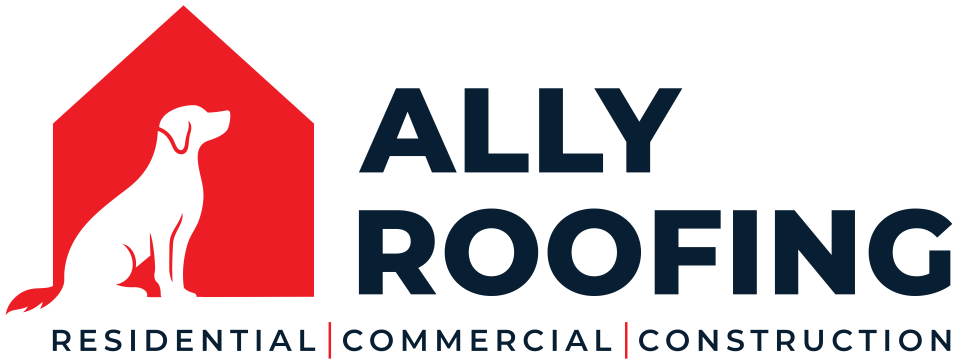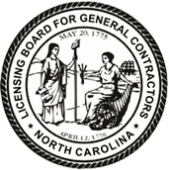Mold is characterized by its cotton-like features which appear in varying shades of white, black, or green. All indoor mold growth is potentially harmful and should be promptly removed. If you think you could have a mold problem, then it might be time to launch a search operation. Should you find nothing but still remain unconvinced, then testing for mold may be your only option.
Sometimes testing for mold is unnecessary. When there is a large, easily visible amount it leaves very little doubt that you have a mold issue. However, other times mold hides out of sight and out of reach. Testing to confirm is then necessary in order to detect its presence.
When to Test
You should test for mold in the following situations:
- You detect a strong, musty odor wafting through the home;
- Your home or business has recently suffered a flood;
- Spotting mold in one area of the home or business;
- The windows mist over during winter;
- If yourself or other members of the household suffer chronic symptoms of mold exposure;
- A member of the family has a preexisting condition made worse through mold exposure;
- You think there may be hidden mold within the home or business.
How to Test
A few choices you have when testing for mold are checking for surface growth or floating spores. Testing for the airborne kind can help detect the hidden mold locations within your home or business. You will still have to track down the exact location but the test will alert you to the presence of nearby mold.
Homeowners can purchase mold tests themselves and is not always necessary to hire professionals to do the testing. However, there are limitations to what these tests provide and may not always render accurate results.
Professional Testing
A professional is always recommended to conduct the mold testing. They have the proper know-how in determining the exact location of your mold problem. This is especially true for those who are not sure that they’ve been able to locate all the mold within the building or location. Most mold remediation specialists are actually engineers that are trained to ensure accurate results. Their tests even provide the type or types of mold growing within your home or place of business. This greatly helps your physician’s choice of treatment plan should you be suffering the effects of mold exposure. Professional testing can also educate you on the expected and safe levels of mold.
Mold Coverage
Does homeowners insurance offer mold coverage? The answer is actually yes and no. If the mold is the result of an accidental or sudden pipe burst, your homeowners insurance will likely cover the damages. Chances are that the incident which causes the mold growth is most likely covered by your insurance. Therefore, the mold damages are an extension of said incident. Testing for mold that may be hidden should be included. Though, should the mold damages be caused by improper maintenance practices on the homeowner’s part, then it will likely not be covered by insurance.
If you suspect your home or business has a mold problem, then act immediately. Testing for mold is not a “big decision.” The cost of waiting could not only damage the area you’re in but also be detrimental to your health. According to the Center for Disease Control (CDC), “Current evidence indicates that allergies are the type of diseases most often associated with molds.” Call a mold removal and remediation professional and get the problem resolved today.
It always pays to be well prepared for whatever the future brings. This is also why you should have a restoration company you know and trust. Mission Restorations has experts in fire, water, and mold restoration. If ever in need of services, don’t hesitate to call the best damage restoration team in Charlotte and its surrounding areas at 704-727-2000.



